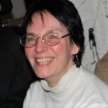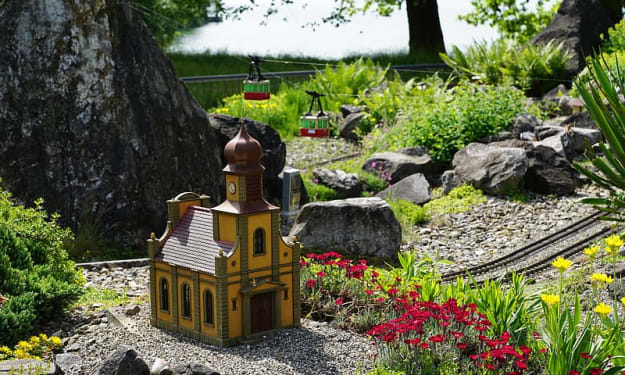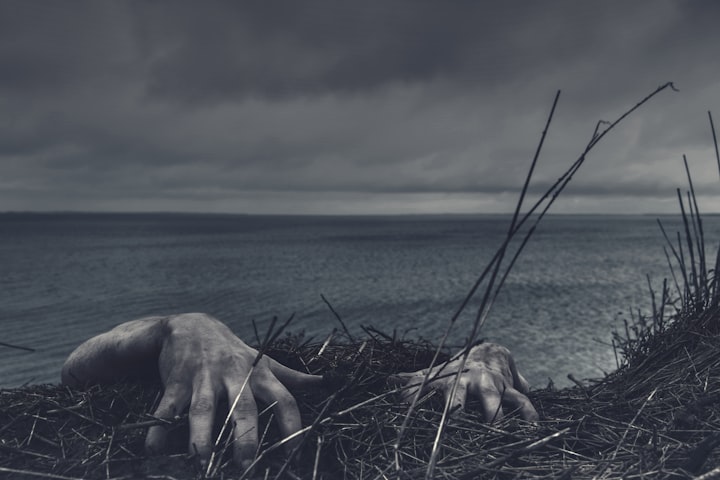Paranormal Pioneers and Other Strange Phenomena
Part 1

The Beginning
There are more things in heaven and earth, Horatio, than are dreamt of in your philosophy. - Hamlet (1.5.167-8)
From biblical times onward, ghosts, stories of hauntings, weird events and strange places have been reported. These stories are not limited to one scientific field, one specific religion or one specific area of the world.
The idea of the paranormal (or supernatural), for many people, suggest an encounter with what we call a ghost. The belief in these kinds of entities is a concept shared by all peoples. In many cultures malignant, restless ghosts are distinguished from the more benign spirits. It is only natural there would also be many different beliefs about life after death. Even certain buildings and locations can have the reputation for paranormal activity.
But what exactly is the paranormal? Surely it can encompass many things, not only the occasional encounter with a ghost. We generally think of the paranormal as something that is outside the range of normal experience or scientific explanation. It is super-natural. But wouldn’t that mean the paranormal would cease to be paranormal once we understand it? After all, television and computers would have been considered paranormal to people who lived in the middle ages, but they are not now because we know how they work and what they are.
I would submit that most of the so-called supernatural or paranormal activity is simply a case of not understanding the phenomena. However, that only covers 90%. What about that other 10%? Well, your guess is as good as mine. I would be the first to admit that, as a paranormal investigator, I have seen my share of that 10% and it did leave me scratching my head in wonder.
What you will find in the following chapters in this series of articles are brief summaries of people, places and things that are just a bit unusual, as well as the organizations that seek knowledge of the paranormal, whether to substantiate, debunk or demystify the phenomena.
Keep checking back for more to come. Thank you for reading!
Heinrich Cornelius Agrippa von Nettesheim (1486-1535)
Agrippa was born in Cologne in 1486. In 1512, he taught at the University of Dole in France, and earned the nickname of "Judaizing heretic". Agrippa was denounced, behind his back, and Agrippa's vitriolic response many months later did not endear him to the University.
In 1510, he studied briefly with Johannes Trithemius, and Agrippa sent him an early draft of his masterpiece, De occulta philosophia libri tres, a kind of grand summary of early modern occult thought. Trithemius was reservedly approving but advised Agrippa to keep the work under wraps. Agrippa chose not to publish, perhaps for this reason, but continued to revise and rethink the book for twenty years.
During his life, Agrippa traveled throughout Germany, France and Italy working as a theologian, physician, legal expert and soldier. He was for some time in the service of Maximilian I, probably as a soldier in Italy, but spent most of his time studying the occult sciences and problematic theological legal questions, which exposed him to various persecutions through life. Mostly he would be privately denounced for one sort of heresy or another and would only reply with venom considerably later.
There is no real evidence that Agrippa was seriously accused of anything for his interest in or practice of magical or occult arts during his lifetime, apart from losing several positions, and Nauert, the best bio-bibliographical study to date, shows no indication of such persecution. It has been suggested that the various ‘persecutions’ were founded on quite other theological grounds.
It is interesting to mention that, according to some sources, twice Agrippa clearly and unequivocally rejected magic in its totality. This happened as early as 1525 and again as late as 1533 (two years before his death). Some aspects remain unclear, but there are those who believe it was sincere and not done not out of fear of what he perceived as further persecution. Recent scholarship generally agrees that this repudiation of magic is not what it seems: Agrippa never rejected magic in its totality, but he did retract his early manuscript of the Occult Philosophy -- to be replaced by the later form.
Agrippa died in Grenoble in 1535.
About the Creator
D. D Bartholomew
D.D. Bartholomew is retired from the Metropolitan Opera in NYC and a published romance author. Her books are set in the opera world, often with a mafia twist. She studies iaido (samurai sword) at a small school on Long Island.






Comments
There are no comments for this story
Be the first to respond and start the conversation.